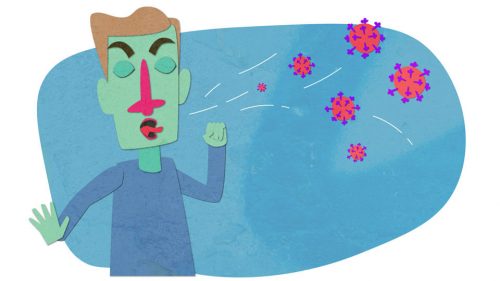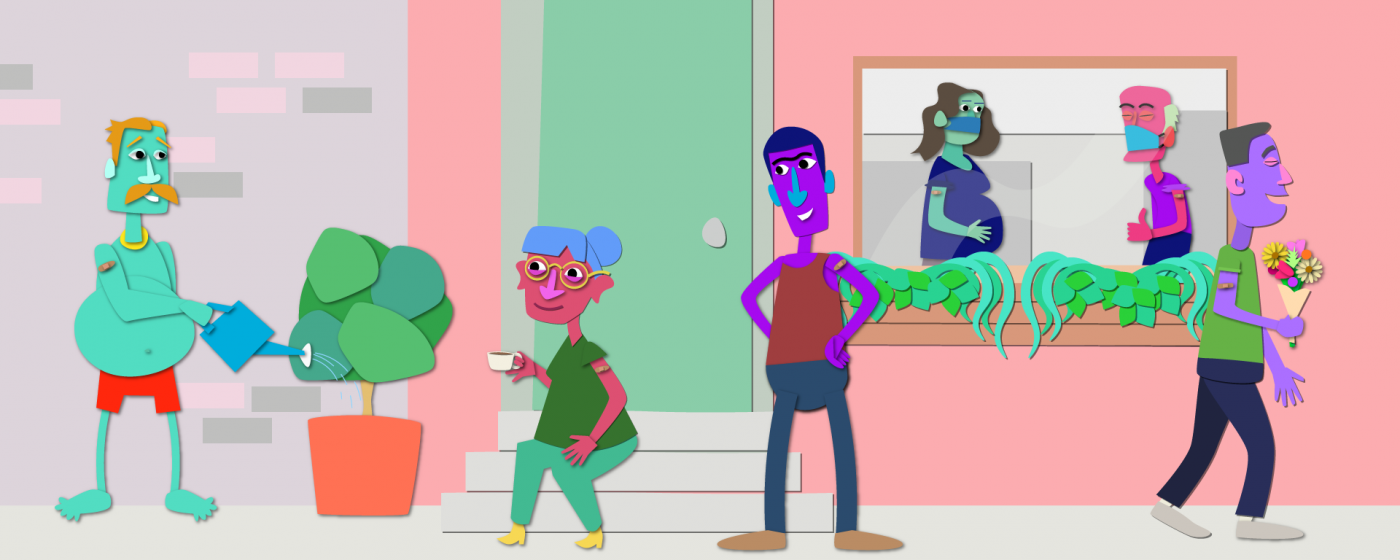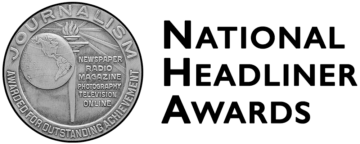The global Covid-19 pandemic has been accompanied by a second pandemic, an “infodemic” of misinformation about the disease and its transmission, treatment, and prevention. To help individuals and communities protect themselves from this deadly disease, the Annenberg Public Policy Center (APPC) has partnered with Penn’s Center for Public Health Initiatives (CPHI) on a guide that presents key facts and answers to important questions in a clear, straightforward way.
“Covid-19 Risk, Prevention and Treatment: A Guide for Understanding How to Protect Yourself and Your Community” offers up-to-date scientific knowledge and guidance from U.S. health authorities and builds on the authoritative articles published by APPC’s award-winning project FactCheck.org and its SciCheck science fact-checking program.
Here you’ll find answers to questions such as:
- Is there a cure for Covid-19? (No.)
- Which is better – immunity from getting the disease or from vaccination? (Vaccines, and our guide explains why.)
- If I am pregnant, will a vaccine hurt me or my baby? (Studies involving thousands of pregnant people indicate that it is safe.)
- Should I use ivermectin to treat Covid-19? (No – it is not approved for that purpose and studies so far have found it isn’t helpful in treating hospitalized patients.)
 A printed version of the brochure will be available at community vaccination clinics in West and Southwest Philadelphia organized and run by CPHI and Penn Medicine. It is also available in digital format on APPC’s website and in shortened form as a free, one-page download.
A printed version of the brochure will be available at community vaccination clinics in West and Southwest Philadelphia organized and run by CPHI and Penn Medicine. It is also available in digital format on APPC’s website and in shortened form as a free, one-page download.
“Being a part of a community vaccination effort, we often hear misinformation about vaccines,” said Emily Paterson, program manager for APPC’s centers initiative with CPHI. “A lot of the same points we hear on the ground in West Philadelphia match up with the work APPC has done to correct deceptions. We decided there was a need to develop a compact piece of material, a go-to brochure, that would bring together this information in one place.”
“There is a huge amount of misinformation and confusion which runs the gamut: How does Covid testing work, what are the vaccines doing, do you have waning immunity over time, do we need boosters?” noted Jennifer Pinto-Martin, executive director of CPHI. “Having as single place to access reliable information is really important. We are inundated by questions this brochure can address.”
Covid-19 guide and vaccination clinics
Kathleen Hall Jamieson, director of APPC, said the Covid-19 guide is an outgrowth of APPC’s centers partnership with CPHI. “This is part of our outreach to the Penn community to create synergies that will produce local, state, and national impact. In this case, we’re working to have an impact on our local community by marrying our research about Covid and the impressive work being done by SciCheck to increase vaccination in Philadelphia.”
Jamieson said the brochure uses misinformation-correction practices and ideas developed through SciCheck’s COVID-19/Vaccination Project, which is supported by a grant from the Robert Wood Johnson Foundation. For example, it uses the technique of preemption – providing correct information before people encounter misinformation – to minimize susceptibility to conspiracy theories. In addition, the guide uses gists – simplified text and image representations to capture the essence of a message – to provide memorable takeaways, like the message that “Roughly 1 in 500 Americans have died of COVID-19 since the pandemic began.”
The guide will be made available to people visiting clinics after they’ve received their vaccines, during the 15-minute monitoring period. The hope, Jamieson said, is that newly vaccinated individuals will share what they remember with family, friends and co-workers who are hesitating to get vaccinated.
Penn Medicine’s Department of Family Medicine and Community Health has organized vaccination clinics in West and Southwest Philadelphia at sites including churches, schools, and professional sports games. “We have a big sign printed – this is a ‘no judgment zone,’ come in and ask all your Covid questions,” Paterson says. “We see folks who are not yet ready to get their Covid vaccines. But through this community vaccine effort and pop-up clinics, we’re creating a space for folks to get the information they are looking for to make a choice about vaccination.”
She said the information in the brochures would also be used in a new outreach effort employing six door-to-door vaccine ambassadors, supported by the Health Resources and Service Administration.
A digital version of the guide is here: https://www.annenbergpublicpolicycenter.org/feature/covid-19-vaccine-risk-prevention-treatment/



